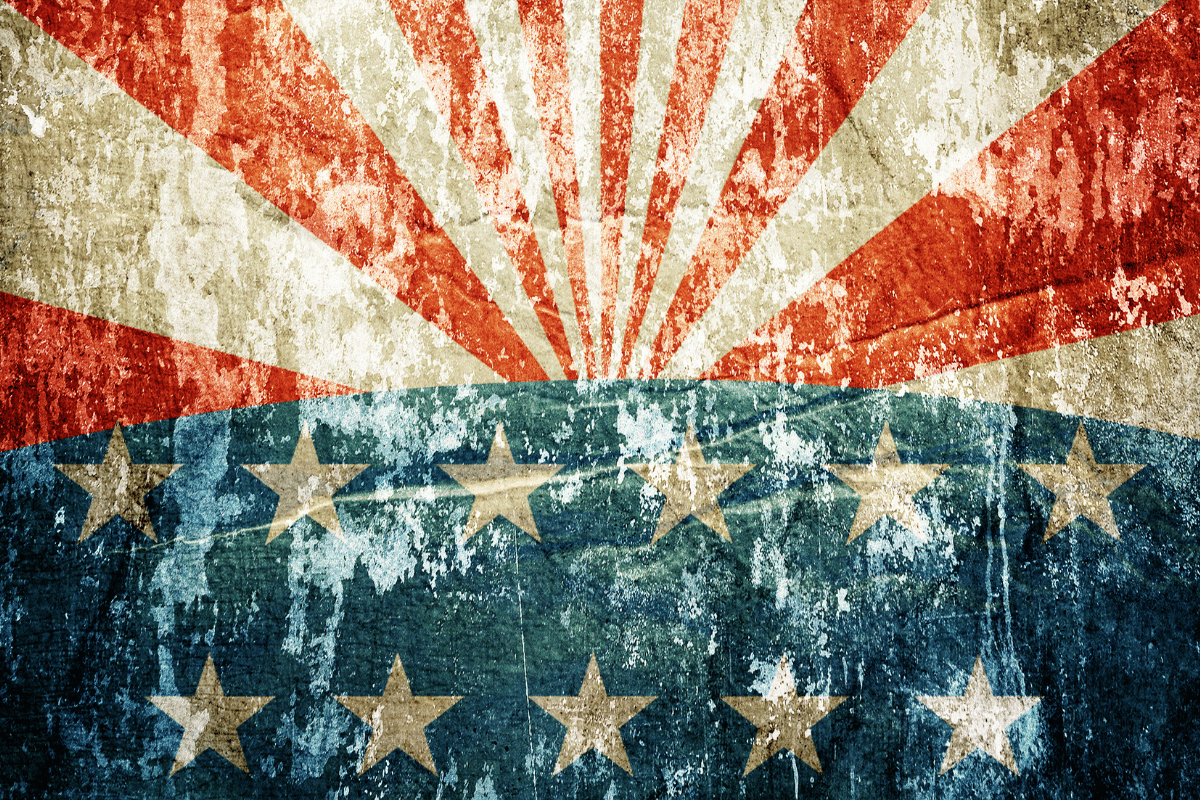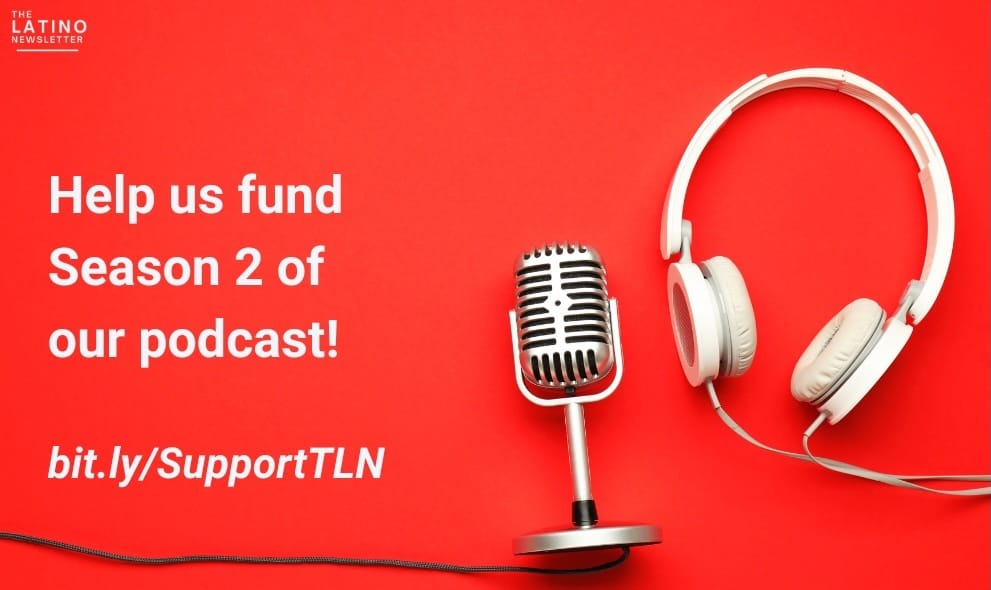
Via Canva Pro
An original version of this piece is here on LinkedIn.
When I moved to Houston from Miami, everyone thought I was Mexican. To be honest, that bothered me a little, but it wasn’t people’s ignorance or subtle comments that upset me, it was this: my whole life, I had thought of myself as an American. After all, I was born in Miami, spoke English, and had a U.S. passport.
Now, I know what you’re thinking, and yes, I know, Miami is... different from the rest of America (LOL). After all, you can live your whole life, comfortably, in Miami without knowing English, and you would be fine. Most of us spoke Spanglish anyway, which I used to just consider a Miami “sabor.”
But once I stepped foot in Texas, my perspective on America changed quite dramatically.
All of a sudden, I felt like an outsider.
Don’t get me wrong: people were very welcoming, and that Southern hospitality is definitely real. But something just made me feel off.
I couldn’t understand what it was. Until one day, I got pulled over for going about 4 mph over the speed limit and was asked a question I never imagined I would get during a traffic stop.
The officer pulled me over and said, “Listen, I pulled you over because you were going over the speed limit. Now, I’m going to let go with a warning, but before that, I need to ask you one question. We are doing demographics research for our county and need to know, What is your ethnicity?”
WTF.
I was shocked. My wife, an attorney, was about to lose her cool as she sat in the passenger seat, hearing this officer ask me that question.
I stopped for a moment and whispered to her, "It’s ok, he said it's only going to be a warning, let's just act cool,” with a slight smile on my face.
It wasn’t a big deal to me in the moment. But to my wife (a white American woman and attorney), this was all kinds of messed.
I told the officer I was Hispanic, and he let me go on my way.
Realizing I Am Not “American” Enough
As I drove off, that question kept replaying in my head. “What is your ethnicity?” It wasn't asked with malice. I truly believe it was for their research.
But it hit me hard. In that moment, despite my American birth certificate, my English fluency, and my dad being born here, I was an “other.” I wasn’t just another driver who sped a little. I was someone who needed to be categorized, whose ethnicity was relevant in a routine traffic stop.
That’s when it clicked. No matter how “American” I felt, how much I identified with the culture, there would always be a part of me seen as different. And honestly, that realization stung.
It made me think about all the other subtle ways this happens, the assumptions people make, the boxes they try to put us in.
And this, I think, is where the struggle with identity comes in for so many of us. We navigate a world where we feel American, we are American, but we're constantly reminded of our “otherness.”
This can lead to us creating personas, trying to fit in, code-switching, and ultimately, living inauthentically out of a fear of not being fully accepted. We try to downplay certain parts of ourselves, amplify others, all in an effort to navigate this complex identity.
Redefining Belonging: A Two-Way Street
So, what does it truly mean to belong? Perhaps it's not about being perfectly assimilated or fitting into someone else's narrow definition of “American.”
True belonging isn’t found in external validation or the absence of questions about your origin. It’s an inside job.
It’s about recognizing your multifaceted identity, embracing all parts of who you are, your heritage, your experiences, your unique journey, and finding peace and strength in that authenticity.
When you are truly rooted in yourself, that’s when you can build genuine connections and create a sense of belonging wherever you are.
But genuine belonging is also a collective effort.
It requires the active participation of the dominant culture, particularly from non-Hispanic, white Americans, to create truly welcoming environments. It means moving beyond subtle assumptions, acknowledging diverse experiences, and actively dismantling the “othering” narratives.
It means creating spaces where people aren’t just tolerated, but celebrated for their full identities.
When those who hold societal power consciously open the doors of understanding and acceptance, it lightens the burden on those who have historically felt the need to code-switch or hide parts of themselves.
True belonging flourishes when both the individual embraces their authentic self, and the community genuinely welcomes that authenticity without reservation.
About the Author
Chris Bustos is a Latino father and business coach who helps professionals and entrepreneurs scale their businesses without sacrificing family time or personal well-being. His work focuses on redefining success through clarity, boundaries, and purpose-driven growth.
Help Us Launch Season 2 of Our Podcast
What We’re Reading
Latinos and ICE: From Axios, “A growing number of U.S. citizens —many of them Latinos— are reporting they were detained for various periods by immigration agents in what critics say were instances of racial profiling and overzealous policing.”
The Latino Newsletter welcomes opinion pieces in English and/or Spanish from community voices. Submission guidelines are here. The views expressed by outside opinion contributors do not necessarily reflect the editorial views of this outlet or its employees.


